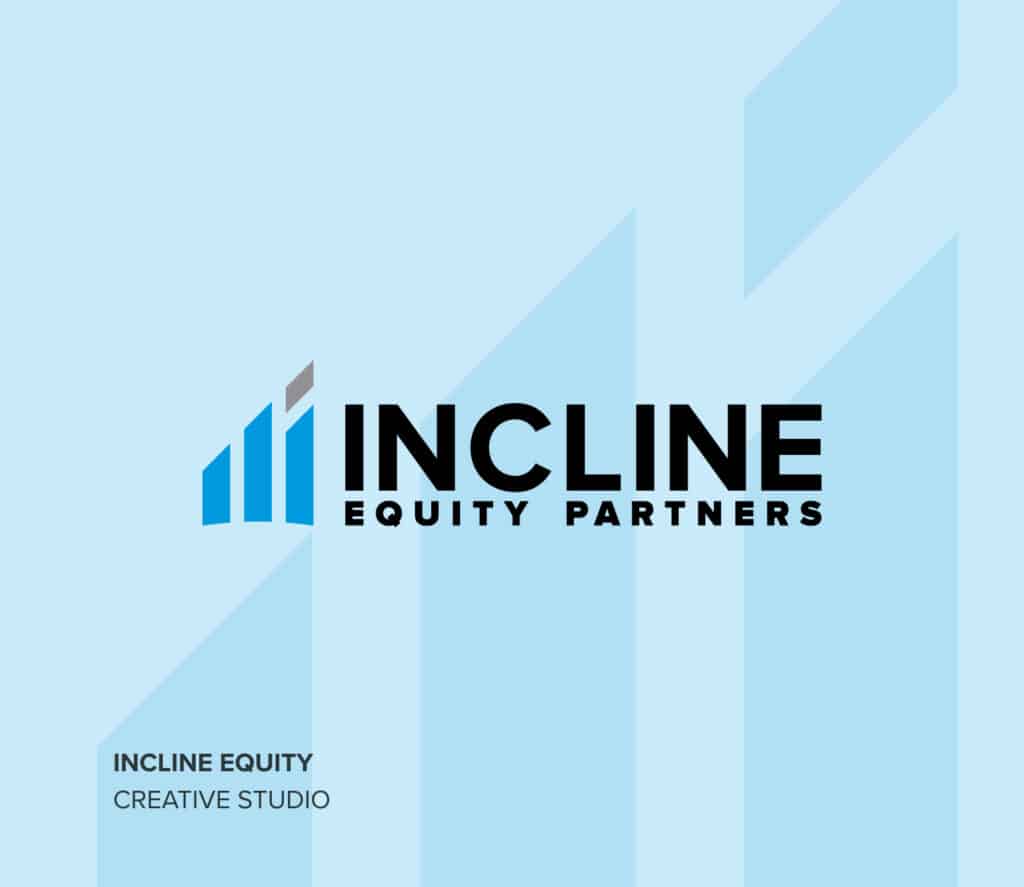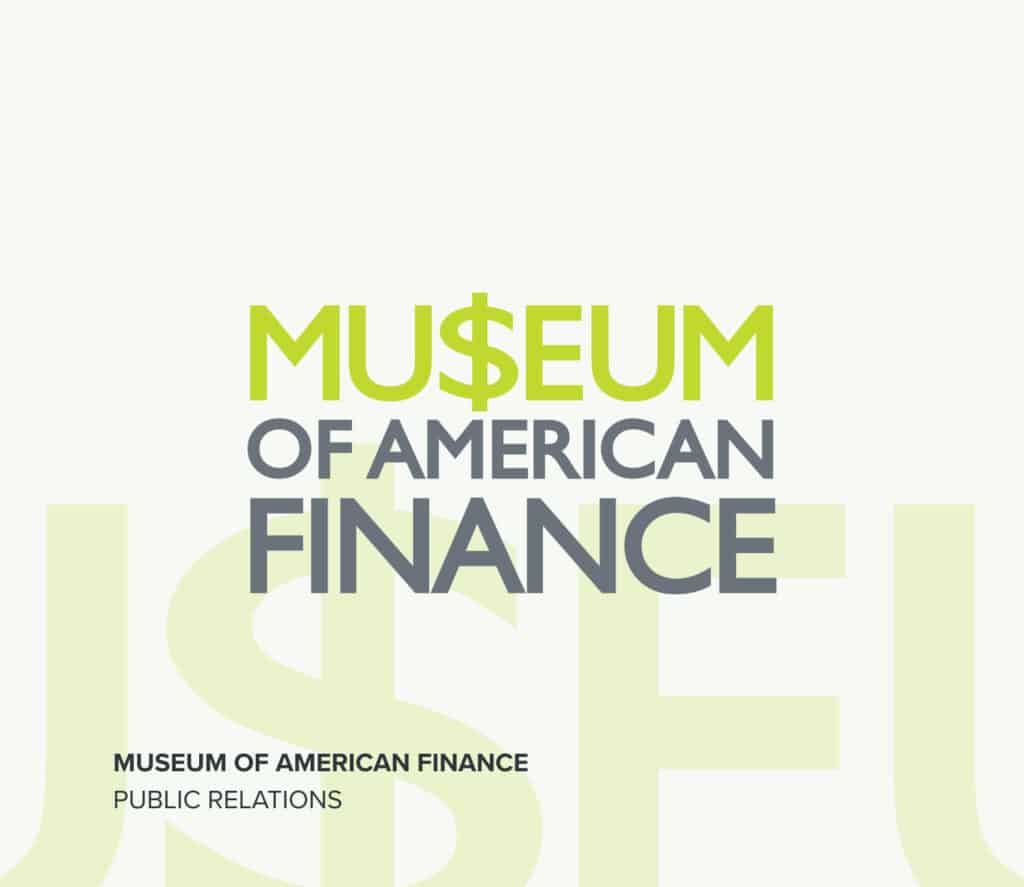Fintech Predictions for 2025
The fintech industry has always been a hotbed of innovation, but 2025 is shaping up to be a pivotal year. With AI taking centre stage, the sector is poised for breakthroughs that will transform how consumers interact with financial services, while also grappling with challenges in trust and regulatory oversight. Inspired by the format of the New York Times’ Hard Fork podcast, here are my high confidence, medium confidence, and low confidence predictions for fintech in 2025.
High Confidence: The year of the AI agent
Over the past few years, AI has dominated headlines, with fintechs exploring its potential and laying the groundwork for innovation. However, this period of experimentation is giving way to a new chapter. In 2025, AI agents will shift from reactive tools to hyper-personalised digital assistants, seamlessly integrating financial services into users’ digital lives. Proactive AI agents will deliver scalable personalisation, anticipating consumer needs before they emerge. We’ve already seen the likes of Klarna roll out an AI Assistant to handle a range of customer queries, but this year will be the tipping point where AI agents become a defining feature across the entire fintech landscape. The true winners, however, will be those who not only master this capability but also safeguard the trust of their users.
Medium confidence: The fintech industry’s first agentic AI catastrophe
Linking to the first prediction, while AI agents bring transformative potential, there are also significant risks. As fintechs race to bring this technology to consumers, growing pains – and perhaps a high-profile catastrophe – are likely.
AI hallucinations aren’t uncommon – last year Google’s Gemini advised users to “eat the right rocks for healthy minerals.” In fintech, such errors could lead to inaccurate financial advice or even security breaches. It’s not hard to imagine a major fintech disclosing the first agentic AI mishap to the FCA or SEC, triggering regulatory scrutiny. Balancing innovation and risk management will be key.
Low confidence: Revolut buys a media company
In recent years, brands have increasingly built their own media platforms. In 2021, J.P.Morgan acquired The Infatuation, Hubspot bought The Hustle, and more recently Robinhood launched Sherwood News. Why? Engaging content and pre-built communities reduce customer acquisition costs.
In 2025, it’s not far-fetched to imagine Revolut – a $45 billion fintech – following this trend. Owning a media arm could cut costs and enhance its app experience as it pursues “super app” status. Could Revolut target a publishing platform, podcast producer, or even a legacy media company? Only time will tell.


